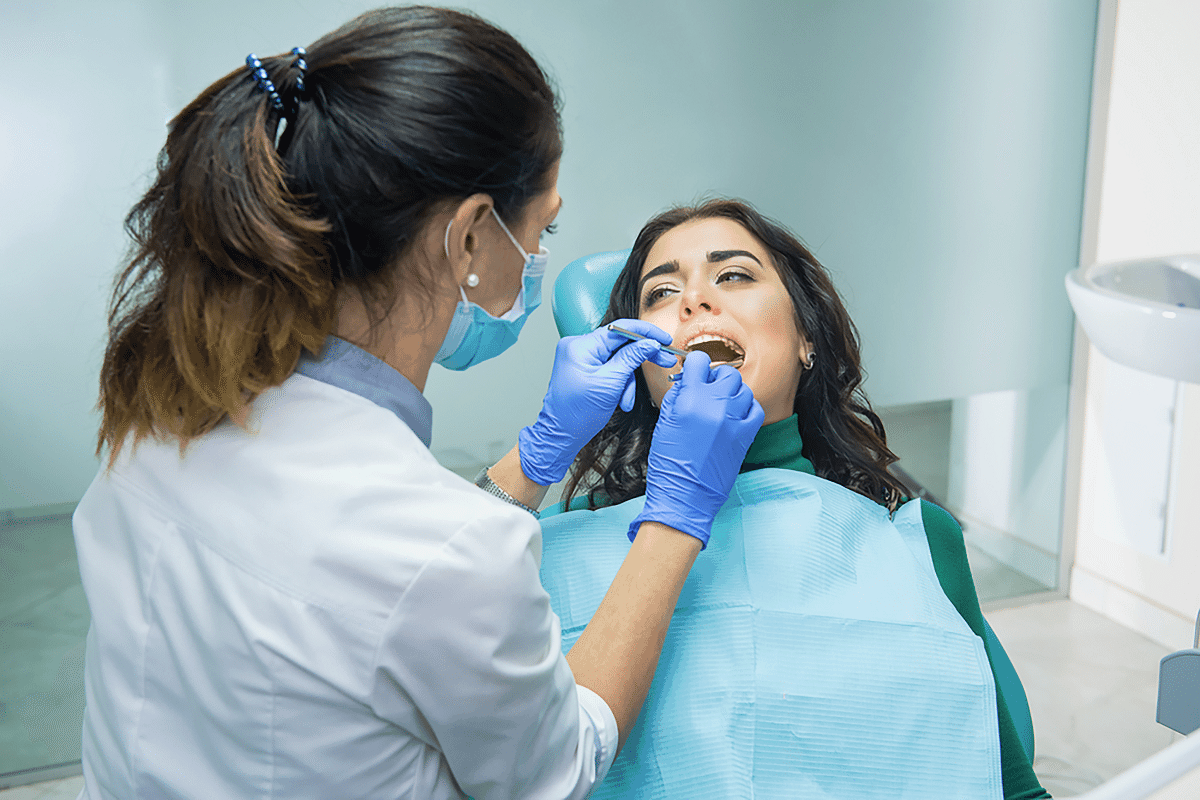Do you ever find yourself shying away from the camera or covering your smile due to misaligned teeth? Do you have tooth or jaw pain whenever you bite into hard foods? Continue reading to learn five signs that you may need orthodontic treatment.
- You Have Difficulty Biting or Experience Pain
Is it difficult or painful for you to bite down, especially when you are eating chewy foods? If you notice that you are accidentally biting on your cheek or tongue when you eat, your misaligned teeth may be the reason. Visit your dental office in Saskatoon to determine the cause for this issue.
- You Have Gaps Between Your Teeth
Crowding occurs when there is inadequate space in your mouth; however, when you have too much space in-between your teeth, the opposite can happen. Spaced out teeth can increase your risk for jaw misalignment, tooth decay, and eating difficulties. Also, it is easier for food to become lodged in the gaps, causing gum irritation. Ask your dentist about Invisalign in Saskatoon to address the issue.
- Your Teeth Are Crooked or Crowded
Having crooked or crowded teeth (malocclusion) is a common problem among patients. This problem can complicate your flossing routine and can lead to impacted teeth. Braces can straighten your teeth and realign your bite.
- You Experience Jaw Pain or Clicking
Does your jaw make a clicking or creaking sound? If you notice funny noises or pain, visit your Saskatoon dentist. They can suggest orthodontic treatment to straighten your teeth and correct your bite.
- Your Teeth Protrude
Do your teeth protrude or stick out? If the answer is yes, braces can shift them into proper alignment. Not only do protruding teeth hinder your confidence, but they also heighten your risk for dental injury as your teeth don’t receive proper protection from your lips.
To determine if you require orthodontic treatment, visit your dental office in Saskatoon. They can examine your teeth, bite and recommend a treatment plan.
